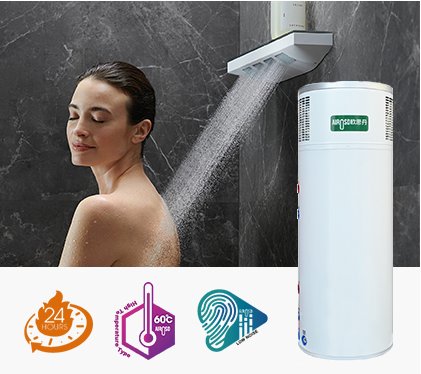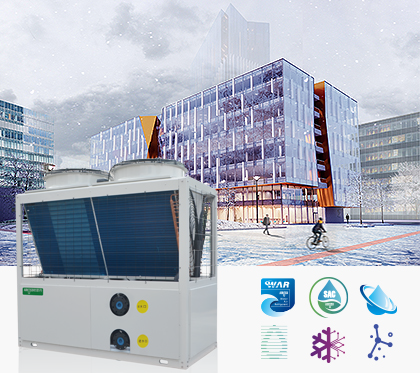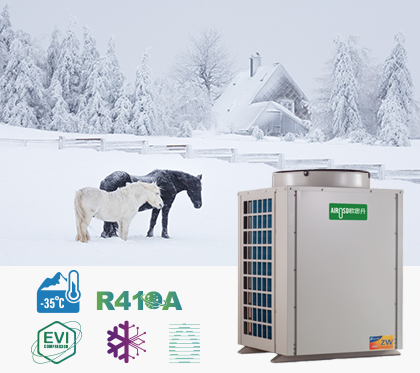Heat pumps have become increasingly popular as energy-efficient solutions for heating and cooling homes. However, many homeowners are unsure about the optimal operation and whether they should leave their heat pumps on continuously or turn them off when not in use. Keep reading this post, and find out the answer about whether should you leave your heat pump on all the time.
How Does The Heat Pump Operate?
Before delving into the question, it's important to understand how heat pumps operate. Heat pumps work by transferring heat from one area to another, using a refrigerant to facilitate the heat exchange. During the cooling season, they remove heat from the indoor air and release it outdoors. The process is reversed during the heating season, with heat being drawn from the outside air and transported within. Due to its adaptability, heat pumps are a good option for both cooling and heating requirements.

Energy Efficiency Considerations
One of the key advantages of heat pumps is their energy efficiency. Heat pumps consume less electricity compared to other heating systems, as they move heat rather than generate it. However, there is a common misperception that running a heat pump continuously will optimize energy savings. In actuality, this may not be the most effective strategy.
It's worth noting that heat pumps have to work harder to provide a steady temperature while they're running continually. As a result, energy usage may increase, potentially leading to higher electricity costs. Additionally, the constant cycling of the system may put additional strain on its components, potentially reducing the lifespan of the unit.

Commercial Air To Water Heat Pump Manufacturer
What Is The Importance Of Thermostat Programming?
To optimize energy efficiency and maintain a comfortable indoor environment, it is recommended to use a programmable thermostat with your heat pump. Programmable thermostats allow you to set specific temperature schedules based on your daily routine and preferences.
For example, during the cooling season, you can program the thermostat to raise the temperature slightly when you're away from home and lower it when you return. Similarly, during the heating season, you may program the thermostat to reduce the temperature when you leave the house and raise it when you return. This method reduces energy usage by enabling the heat pump to run less often when not needed.
What Special Considerations You Should Pay Attention To?
While utilizing a programmable thermostat is generally recommended, there are some exceptions and special considerations to keep in mind:
Extreme Cold Weather
In exceptionally cold climates, it may be more efficient to keep the heat pump running constantly, especially if the system is outfitted with supplemental heating. This ensures that the space remains adequately heated and prevents the heat pump from working harder to recover lost heat.

China Commercial Hot Water Heat Pump Factory
Vacation Mode
If you plan to be away from home for an extended period, it is advisable to set the thermostat to an energy-saving mode or adjust the temperature settings to minimize energy usage.
Quick Recovery
Some heat pumps have a function known as "quick recovery," which allows the system to work harder for a brief period of time in order to attain the desired temperature faster. In such instances, leaving the heat pump on all of the time may be more advantageous, especially if you need to modify the temperature quickly.
Conclusion
While it may seem logical to leave your heat pump on all the time for maximum energy efficiency, it is not necessarily the most effective approach. However, if you are looking for an energy save heat pump, look no further than AIROSD! We offer various heat pumps, try the differences in AIROSD!



